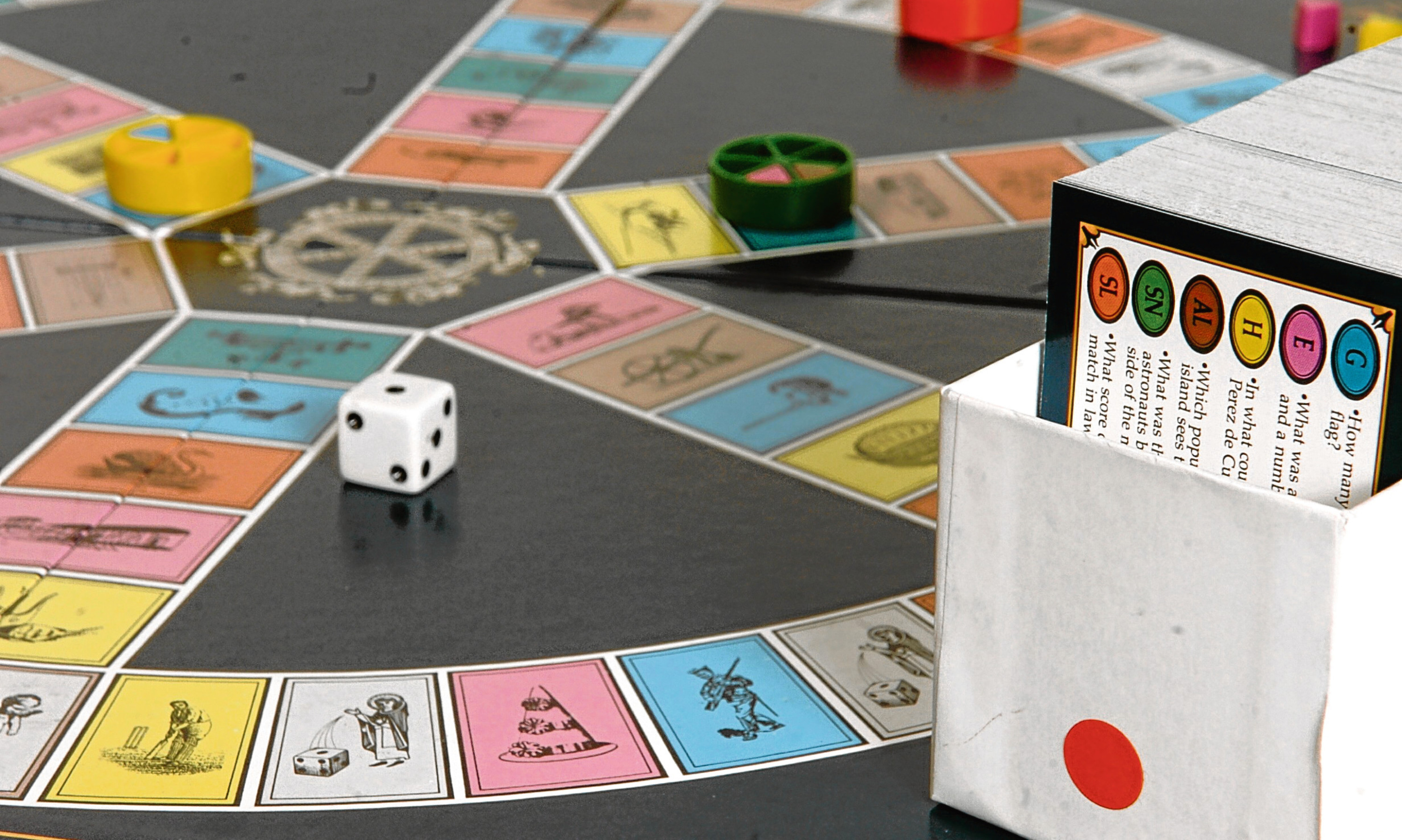You roll the dice and you take your chances. Sometimes, a game is more than just a game.
Here comes the festive season, when I will uncharacteristically take time off and become involved in activities other than working, glaring and muttering.
During this time of peace on Earth, I am expected to communicate with humans and I like to do so via the medium of board games.
The problem is, however, that my family know me.
I’m banned from Monopoly due to being too good at it and that is not a commendable thing. Something dark in my personality means I can’t be beaten when simulating the career of a ruthless slumlord. It never ends well, so my wife called time.
I had to give up Scrabble because I became addicted to the online version, which meant I memorised the vital two-letter words (in British and American versions).
This made me insufferably smug and impossible to challenge with the dictionary when playing the table top version. That also does not end well.
Then there’s my love-hate relationship with Trivial Pursuit. Give me the mid-1980s dark green one and I can answer all the questions before you finish saying them, because I played it so much that I remember every word, especially the hopelessly-outdated stuff about the Soviet Union. Give me a set more challenging and I argue with the answers, because I’m professionally pedantic.
This problem is also in play during Risk, when I object to the ludicrous scenarios it throws up, like Belgium winning a land war in Asia. Nonsense.
If all of this is giving the impression that I’m a bad person, that’s probably because I am. I don’t actually cheat, beyond some table-shoogling during Operation or Kerplunk but I am weirdly driven to succeed against any foe – and my foes are getting wise to me.
So I’m thrilled by the resurgence of board games with new titles like Settlers of Catan and (my new favourite) railway-building game Ticket To Ride. It’s pleasing to see new ways of bringing people together to exercise their minds in healthy competition.
As long as I win, of course.
